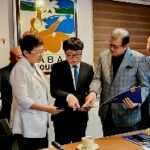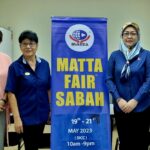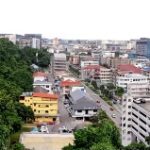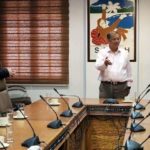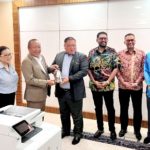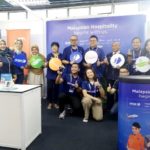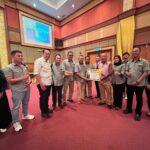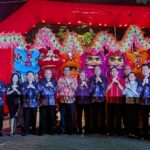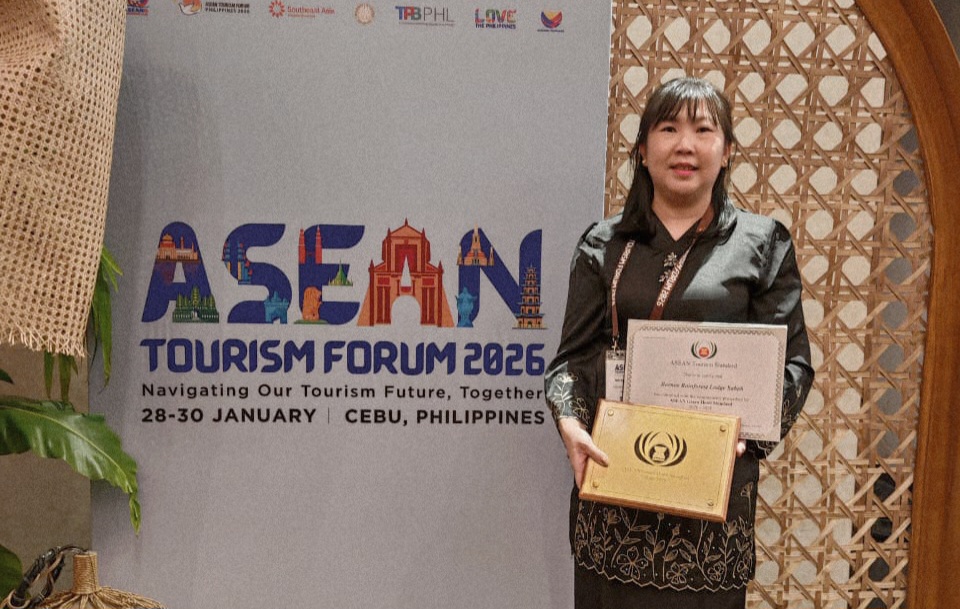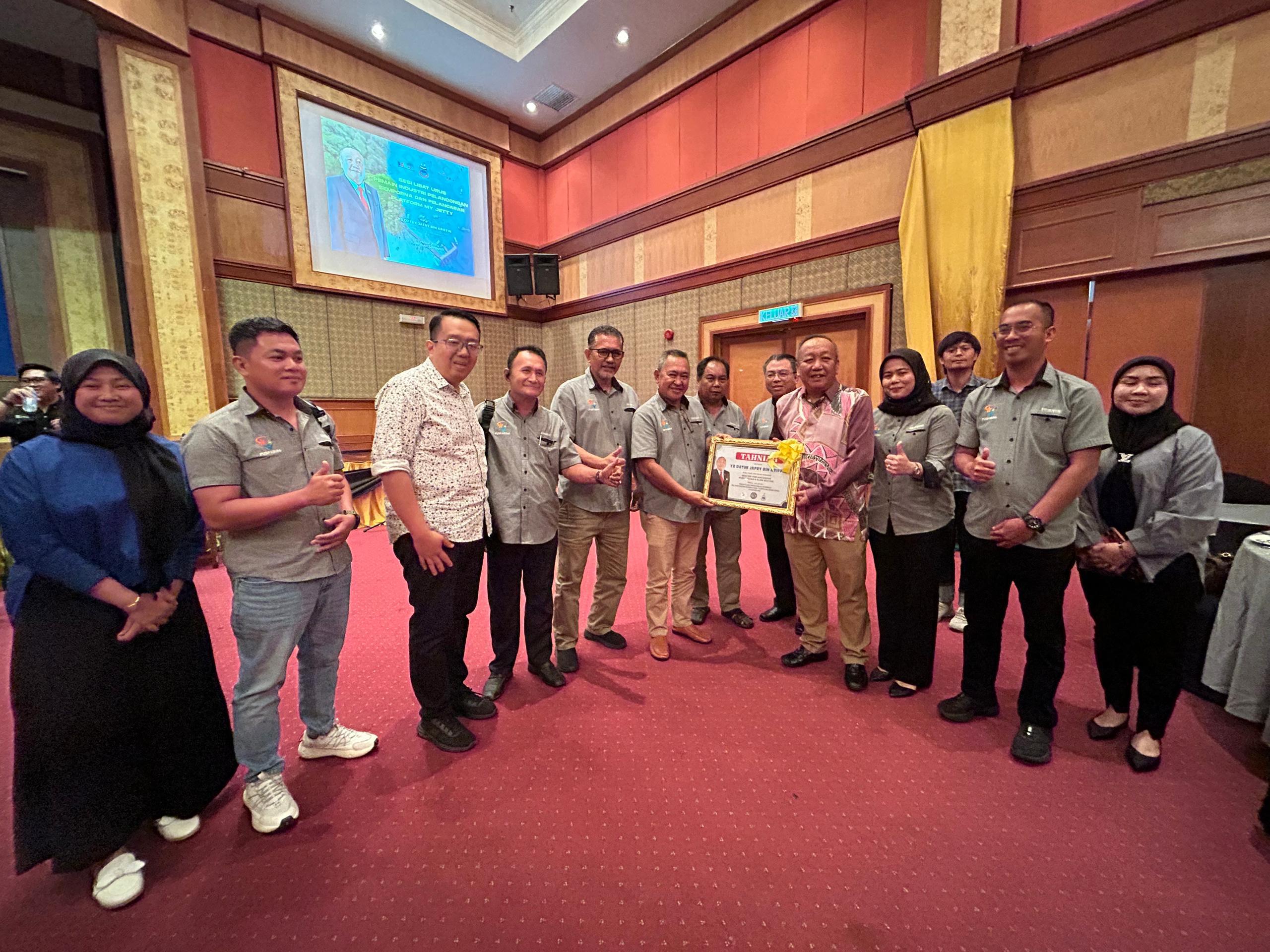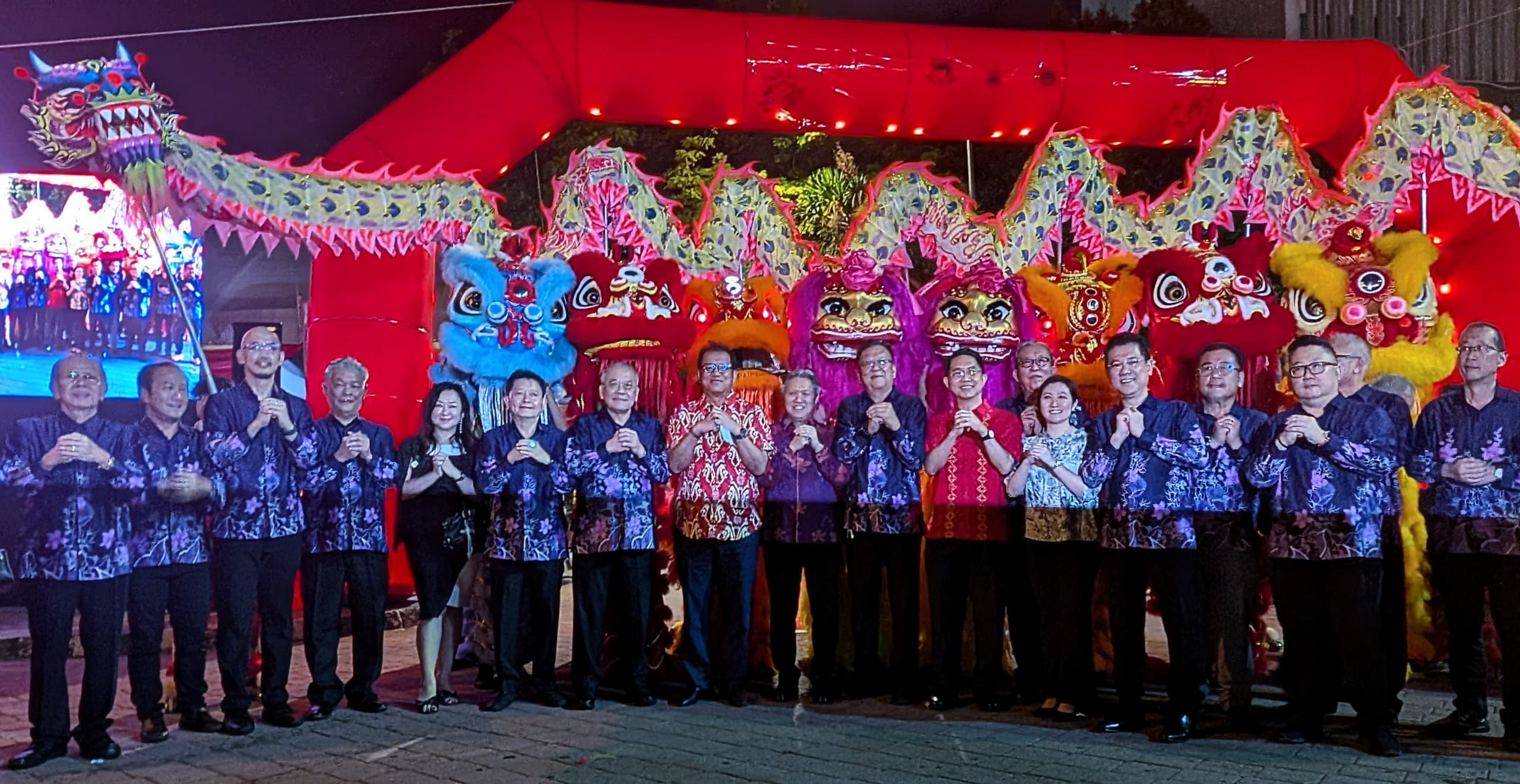–Robust Business Model, Experienced In Dealing With Aviation Shocks
SEPANG, 27 February 2020 – AirAsia Group Berhad (“AirAsia” or the “Company”) today reported its results for the quarter ended 31 December 2019 (“4Q2019”) and the full financial year ended 31 December 2019 (“FY2019”).
Unaudited Consolidated Fourth Quarter Results of AirAsia Group Berhad
The Consolidated Airline Group¹ posted 4Q2019 revenue of RM3.4 billion, up 19% from RM2.8 billion in 4Q2018. The double-digit revenue growth was driven by 11% year-on-year capacity addition and 9% increase in Revenue per Available Seat Kilometre (“RASK”). Air travel demand held firm as we carried 9% more passengers YoY. 4Q2019 ancillary revenue also grew by 16% YoY to RM732 million, with non-airline ancillary revenue up 105%.
EBITDA for the Consolidated Airline Group was positive at RM368 million, compared to a loss of RM91 million in 4Q2018. Except for Japan, all airline entities of the company reported a positive EBITDA. Non-airline EBITDA turned positive to RM30 million from a loss of RM5 million as RBV and AirAsia.com’s losses narrowed. Teleport’s EBITDA grew 53% to RM70 million in 4Q2019.
Net operating loss was RM374 million in 4Q2019, which widened from a RM275 million loss in 4Q2018. The weaker performance was attributed to one-offs, including consultant costs for sales and leaseback transactions of RM13 million, tax provision and payment for a subsidiary of RM49 million, discounting of a long term receivable of RM40 million, share of losses in AirAsia India of RM133 million including recognition of prior year losses and MFRS16 negative impact of RM82 million.
Net loss for the period was RM385 million, 16% lower compared to a net loss of RM457 million in the previous corresponding quarter.
Though the company reported loss for the quarter, the profit & loss statement was affected by the difference in accounting treatment of leased versus owned aircraft with regards to maintenance provision treatment, as well as the Group adopting MFRS 16 in 2020. Importantly – despite a loss on the face of the income statement – the company continues to generate strong cash flow, reflected by the positive operating cash flow (post operating lease) reported of RM728 million during the quarter.
Unaudited Consolidated Full Year Results of AirAsia Group Berhad
For the full financial year 2019, the Consolidated Airline Group posted a revenue of RM12.4 billion, up 17% from the previous year. Net loss after tax was reported at RM286 million compared to net profit of RM1.7 billion in 2018, due to the absence of gains recognised in 2018 amounting to RM1.1 billion.
Full year 2019 was also impacted by the recognition of one-off costs, which includes consultant costs for sales and leaseback transactions of RM25 million, tax provision and payment for a subsidiary of RM49 million, discounting of a long term receivable of RM40 million and share of losses in AirAsia India of RM280 million including recognition of prior year losses.
The weaker YoY performance was attributed to accounting treatment of the restructured aircraft ownership, moving from owning to leasing aircraft, despite recording similar cash outflow in either financing method. MFRS137 accounting treatment has resulted in a 43% increase in maintenance and overhaul costs while MFRS16 adoption negatively impacted the results by RM131 million in FY2019.
The company continues to post positive operating cash flow (post operating lease) during the year amounting to RM1.6 billion.
Operating & Market Share Performance
RASK for the Consolidated Airline Group increased by 9% to 16.09 sen in 4Q2019, driven by a better pricing strategy. For the full year of 2019, RASK grew by 5% to 15.53 sen while load factor was intact at 85%, despite an aggressive 13% increase in Available Seat Kilometres (“ASK”).
In terms of market dominance, AirAsia Philippines grew the most by 4 percentage points (“ppts”) to 23% in 4Q2019. AirAsia Indonesia and AirAsia India also gained market share by 2 ppts and 1 percentage point (“ppt”) respectively.
Cost Performance
For the Consolidated Airline Group, Cost per Available Seat Kilometre (“CASK”) including fuel decreased by 2% to 16.37 sen in 4Q2019, due to better management of maintenance and overhaul costs as well as user charges and other operating expenses.
On the airline performance results and outlook, Acting CEO and President (Airlines) of AirAsia Group Berhad Bo Lingam said:
“Connectivity and network expansion continue to be our key growth focus. During the quarter under review, we added 11% capacity and 7% ASK, supported by 9% increase in passengers carried.
This has resulted in domestic market share gain by three of our Air Operator Certificates (AOC)s, the highest being AirAsia Philippines which was up 4 ppts driven by a strong 21% growth in passengers carried. Malaysia remains our strongest domestic market at 60% market share. RASK for Malaysia grew 7% as we adopted some changes in pricing strategy.
“We are pleased to share that AirAsia Philippines turned profitable in 4Q2019 and FY2019, while AirAsia Indonesia narrowed losses with encouraging operational performance. As six new routes were launched in 4Q2019, AirAsia Indonesia reported 32% increase in capacity and 30% increase in passengers carried. RASK improved by 21% YoY.
AirAsia Philippines posted robust growth in 4Q2019 ASK, up 25% YoY, while carrying 21% more passengers through its network. Effective cost control resulted in 36% improvement in CASK and ultimately 214% improvement in bottomline profit.
“For full year 2019, we successfully achieved our load factor target of 85%. All our ASEAN AOCs as well as AirAsia India reported positive EBITDA for the year, though only Malaysia and the Philippines reported positive net earnings.
Thailand was affected by a reduction in Chinese tourists on top of the strengthening of the Baht. We continue to focus on capacity realignment and route rationalisation for this market. As for India, the domestic network has been steadily growing in 2019, as we successfully expanded our flights into key metro cities. We continue to work on obtaining the license to fly internationally.
“We had a challenging start to 2020 with the COVID-19 outbreak, which disrupted some parts of our businesses due to travel restrictions, flight delays and cancellations.
While this has strained the number of travellers and our capacity arrangements, we have also however, seen and felt the true OneAirAsia unity and agility that has been deeply inculcated within our employees. Spirits are high as we strive to continue business as usual and being guest obsessed as we dealt with a high volume of passenger inquiries as best we could regarding the situation.
“We continue to monitor the developments and have put in place proactive mitigating actions to limit the downside impact from COVID-19. This includes active capacity management since early February, aggressive marketing push to pursue market share, redeploying capacity to domestic and intra-Asean flights as well as engaging and collaborating with industry stakeholders and authorities for incentives, discounts and rebates.
With our proactive approach in managing the situation through these measures, in addition to stricter implementation of internal cost control, we believe we will recover as soon as possible and come out stronger, as we have shown in previous aviation shocks.
“We continuously monitor and manage our exposure to fuel price volatility. We have hedged 73% of FY2020 fuel requirements at USD59.71 per barrel (Brent) and 19% of FY2021 requirements at USD59.45 per barrel (Brent).”
On the digital platforms’ performance and outlook, President (RedBeat Ventures) of AirAsia Group Berhad Aireen Omar said:
“Our digital businesses continue to gain more traction in 4Q2019. In 4Q2019, Teleport reported a 50% increase in revenue to RM147 million, while full year revenue of RM481 million well exceeded its target of RM400 million.
During the quarter, Teleport signed a direct interline agreement with leading air cargo provider Lufthansa Cargo to further expand network. While the global industry receded 4.4% in full year 2019, Teleport’s tonnage was up by 109% YoY, as operations ramped up. Among key plans in 2020 are integration of the team and operations in Thailand, rollout of cross border coverage in Thailand and Vietnam and driving payment features.
“BigPay expanded its product offerings with the launch of remittance service in 4Q2019. In line with its mission to make money borderless, customers are now able to send money from their BigPay accounts internationally to bank accounts in Singapore, Thailand, the Philippines, Indonesia, India, Bangladesh and Nepal. We have also introduced BigPay financial statements for users’ ease of reference. During the quarter, BigPay’s user base grew over 20% quarter-on-quarter (“QoQ”) while GTV grew 42% QoQ.”
On airasia.com performance, airasia.com CEO Karen Chan said:
“We are on the right track in transforming airasia.com into a household travel and lifestyle brand across ASEAN. In 4Q2019, airasia.com’s revenue grew more than threefold to RM11 million, while Gross Booking Value (GBV), encompassing flights, hotels, packages, activities and deals, was up 15% YoY to RM5.5 billion.
During the quarter, we launched bundle packages of flights and hotels, called SNAP, and rolled out AirAsia Deals in Kuala Lumpur and Penang. One of our biggest achievements was getting airasia.com to feature non-AirAsia flights, powered by Kiwi.com.
We initiated the basics last year and in 2020, we will see airasia.com be taken to new heights with a focus on developing into a more robust platform for a frictionless experience. We are also looking at a number of themed travels to be launched in the medium term, leveraging on the expansive database we own as we connect the dots to personalised travel.”
¹ Consolidated Airline Group refers to Malaysia, Indonesia and Philippine airline units. Wholly-owned subsidiary AirAsia Berhad, along with associates PT Indonesia AirAsia and AirAsia Inc. Group of Companies (Philippines) results were consolidated for financial reporting purposes in accordance with MFRS 10 since 1 January 2017.

